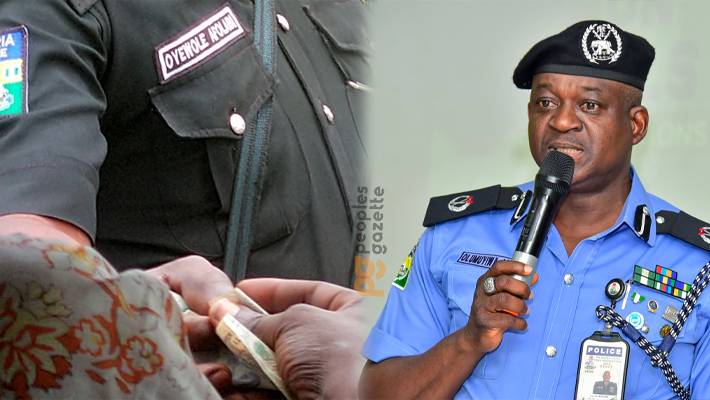
A retired Nigerian police officer’s bid for asylum was rejected by a Canadian federal court, with Madam Justice Ngo highlighting the Nigeria Police Force’s notorious reputation for bribery, extortion, and other corrupt practices. This decision is part of a broader trend of failed asylum applications by former Nigerian security personnel, largely due to the tarnished international image of the country’s police.
Martins Peter Nwokolo, who previously served as a traffic warden in the Nigerian police force, sought the court’s intervention after his asylum claims were denied twice—first by the Refugee Protection Division (RPD) and later by the Refugee Appeal Division (RAD). He argued that the decisions were unreasonable and procedurally unfair. However, in a ruling delivered on October 23, 2024, Ms. Go dismissed Mr. Nwokolo’s claims, upholding the RPD and RAD’s decisions to reject his asylum application.
Under Canadian law, individuals who have committed “serious non-political crimes” before entering the country are ineligible for refugee status. Ms. Go determined that Mr. Nwokolo fell into this category due to the widespread corruption within the Nigerian police, including systemic extortion and bribery. In her ruling, she stated, “On April 11, 2022, the RPD found serious reasons to consider that the Applicant committed, under Article 1F(b) of the Convention, serious non-political crimes prior to entering Canada, namely extortion and bribery.”
The court underscored that the Nigerian police, including traffic wardens, play a significant role in perpetuating corruption in the country. Ms. Go noted, “The RPD found that the police force as well as the traffic wardens are highly corrupt and that members of these forces are expected to contribute to this system of returns.”
Although Mr. Nwokolo denied any involvement in bribery or extortion, the RPD concluded that there were substantial grounds to believe he had participated in such activities. Ms. Go explained, “Even though the applicant alleges that he has never taken any bribes or extorted people as a traffic warden, the RPD found that there were serious reasons to consider that the applicant participated in those activities.”
Mr. Nwokolo, who has been a pastor at the Chapel of Power Ministries since 2005, claimed that his refusal to accept a chief priest position in Nigeria in 2018 led to his persecution. He initially relocated within Nigeria before moving to the United States and later to Canada to seek asylum. However, due to the damaged global reputation of Nigeria’s police force, many former security officers like Mr. Nwokolo continue to face similar rejections in their asylum applications.
Source: Parallel Facts